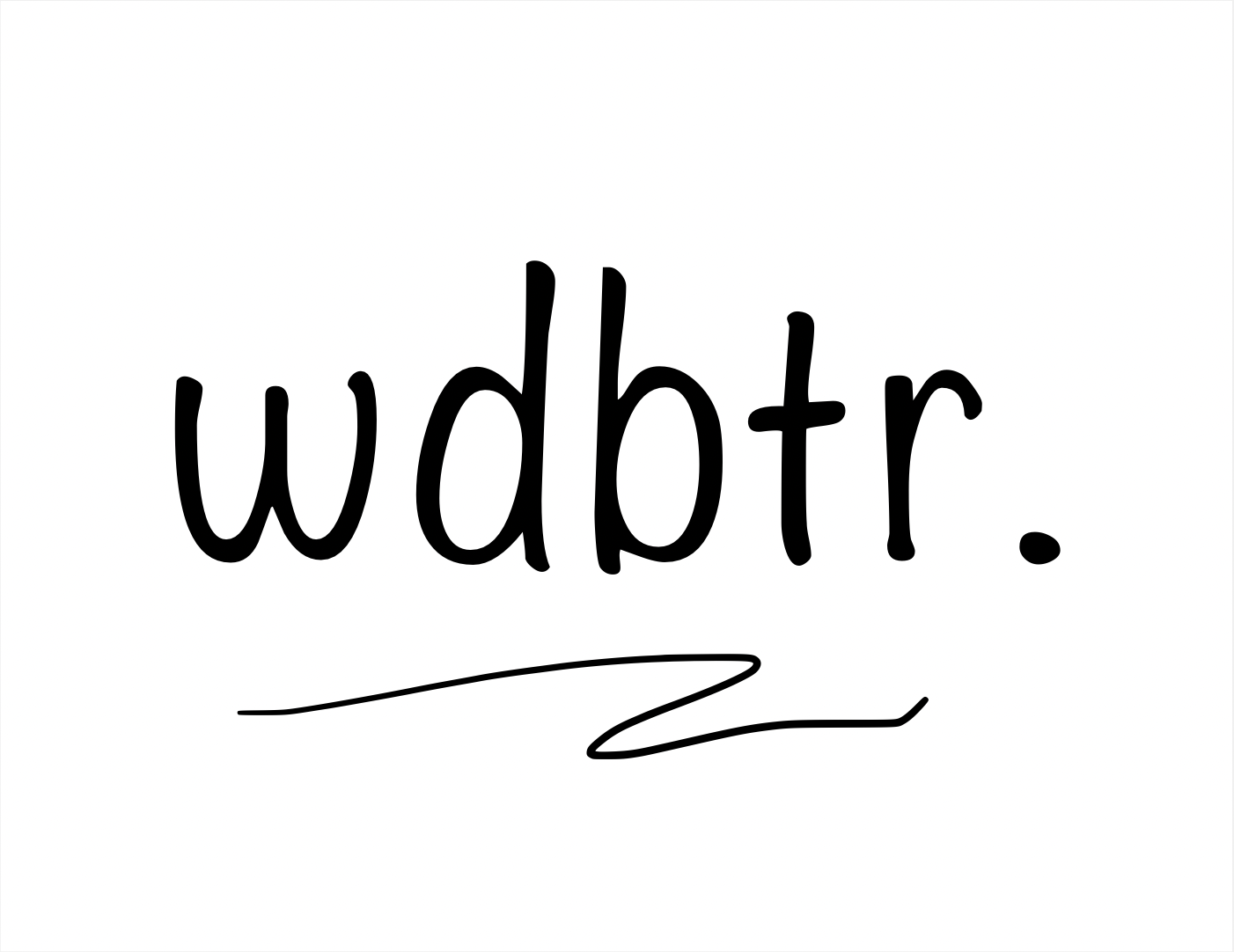
Outrage has followed the announcement from the President that the letter “X” will be included as an option along with “F” and “M” for gender on U.S. Passports, as the ACLU and other organizations criticize what they view as flagrant consonant bias.
The announcement, which came in the midst of a series of scandals involving media hoaxes, armed conflict, biowarfare, and the President’s son, had been anticipated by desperate and impoverished masses of humanity since U.S. Passports were introduced in booklet form almost a century ago. However, despite the relief and support that this news brings to average Americans and the world at large, some voices in the crowd are calling out this administration for kowtowing to the consonants.
“How about a vowel, for Pete’s sake?” asked E, fifth letter of the alphabet and most commonly used letter in the English language. “I mean, come on. X marks the spot, it’s half of tic-tac-toe, it’s a chromosome, you sign by the X… it’s like, ‘X, come on — give a letter a break, huh?’”
Letterism, as E explained, has been infecting culture since the earliest forms of writing came to be, growing worse during the life of Johannes Gutenberg (d. 1468). According to the vowel, the technological revolutions that have advanced civilization since Gutenberg’s time have made letterism even more oppressive toward minority letters, like vowels.
“Consonant supremacy has been an issue at least since B’s been around, maybe before then, if you can believe it,” E continued. “Vowels are outnumbered and taken for granted. There are only five, sometimes six of us, and yet we’re expected to ‘be’ in every single syllable. Enough is enough.”
E’s colleagues, A and U, have arguably been the most vocal of all written symbols about the President’s announcement. Rather than advocate for their own representation on the new passports, however, the partners in such words as “dual” and “fauna” expressed support for their fellow vowels.
“OOOOOOOOOOO!” wrote A on More Than Upside Down V, A’s blog about letterhood. Expanding on A’s argument, U stated, “They really should have gone with a vowel. A and I… uh, well… not ‘I’ as in ‘FBI’ — ‘I’ as in ‘me’… Me and A think O or Y should have this one. We both got to be in ACLU, and E and I are usually pretty busy. O knows X OK so hopefully they can work something out. But Y deserves it too, you know? Always filling in for us vowels when we can’t make it for some reason. It should be O or Y, for sure. Time has come.”
X could not be reached for comment. Y offered a statement no one bothered to read and Q, the second least used letter in the entire language, continues its ancient and notorious exploitation of U.
